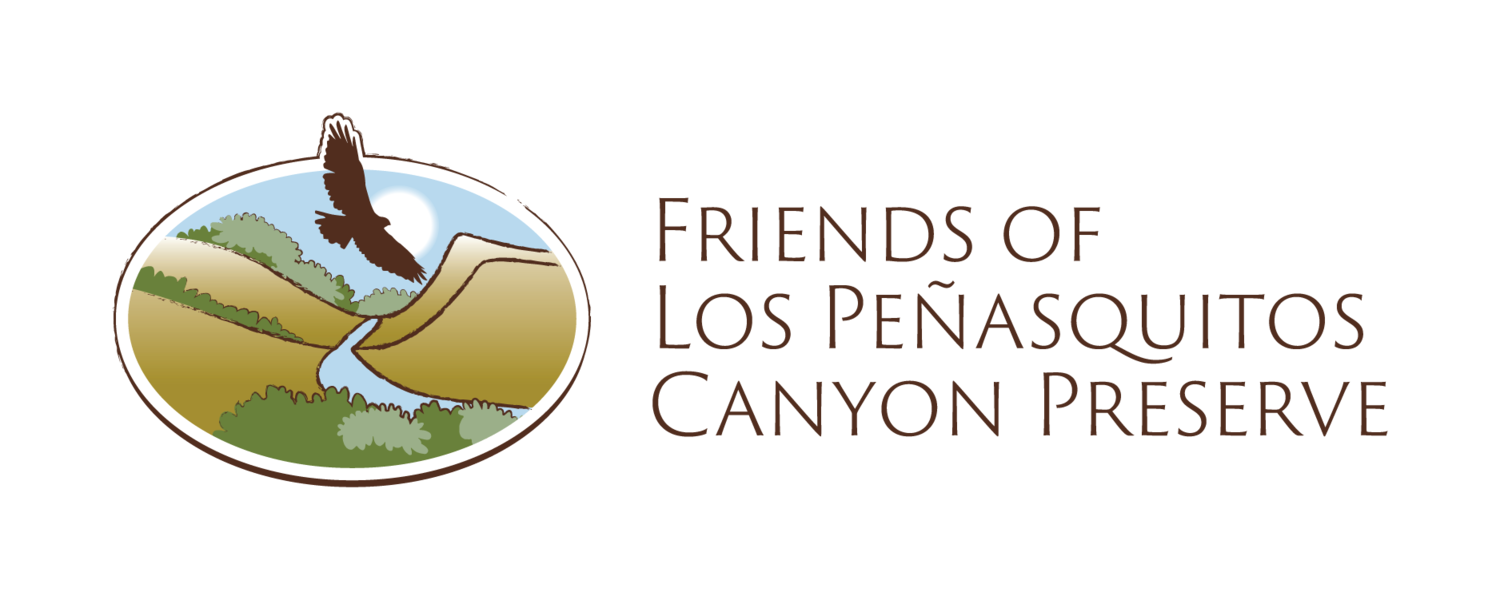An important step towards safer rodent control
By Antonella Zampolli
Assembly Bill 2552
On September 25, Assembly Bill 2552 was signed into law. This bill offers the strongest protections in the country against toxic rat poisons. The new bill expands on an existing moratorium to include all blood-thinning rat poisons, known as anticoagulant rodenticides (first- and second-generation anticoagulant pesticides).
Although there are still exceptions for agricultural use or several instances of emergency public health services, the bill legislates that a person who sells or uses said pesticides will be liable for a civil penalty not to exceed $25,000 per day for each violation, in addition to any other penalty established by law.
Why does it matter?
Open bait rat/mouse/gopher poison is a leading cause of death for wildlife. Birds of prey, with their small body mass, are a well-known casualty, but secondary poisoning affects predators as big as mountain lions, more often than not our house pets, and occasionally even young children.
A huge problem with poison-based rodent control is that one round of poisoning typically will affect 60 %- 70% of the target population, but also close to 100% of the predators that feed on that population, either by immediate death or by making them so weak that they succumb to disease. This usually results in the rodent population bouncing back in just a few months (rodents reproduce quickly, mice for example are fertile already at 2 months of age and can have litters of 10 pups). On the other end, the larger the predator, the longer the time required to reach reproductive age (eagles and vultures for example are mature around 4 years, and mountain lions around 3 years of age and they will often have only 1 or 2 offsprings).
So, poison usually amplifies the imbalance we humans create by occupying and modifying natural habitat, ultimately to the advantage of the poison producers as we end up having to poison on a regular basis to keep the rodent population somewhat in check.
The bill also singles out some endangered species that are especially sensitive to poisoning ,and will benefit from the provisions: the St Joaquin kit fox, the pacific fisher and the northern spotted owl. Pictures below are from the USFWS website.
This is a good step in the right direction, and a reminder for everyone who cares for the outdoors and is concerned about wildlife that we can help, through the choices we make in our own backyards, or through the actions and advocacy exerted at the legislative level.
Here is a link to the bill: https://leginfo.legislature.ca.gov/faces/billNavClient.xhtml?bill_id=202320240AB2552



